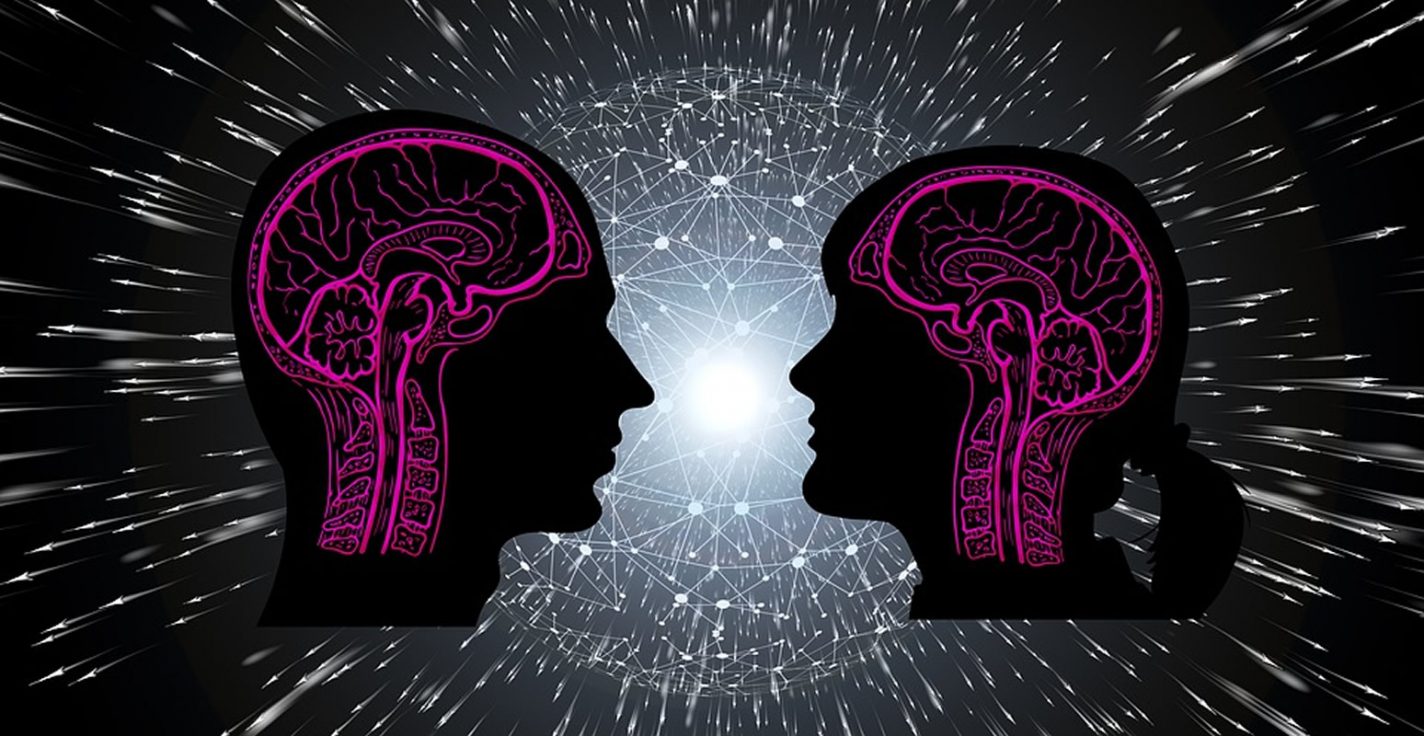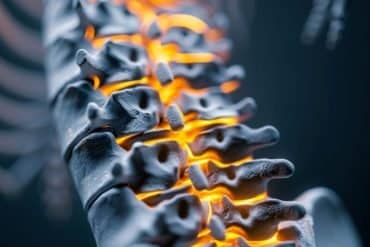Summary: Moral emotions are significantly more impaired than emotions without moral content in those with frontotemporal dementia (FTD). By contrast, those with Alzheimer’s disease exhibit similar performance in both moral and extra-moral emotions as healthy subjects. The findings provide a novel biomarker for the diagnosis of FTD.
Source: IOS Press
A study conducted by Marc Teichmann and Carole Azuar at the Brain and Spine Institute in Paris (France) and at the Pitié-Salpêtrière Hospital shows a particularly marked impairment of moral emotions in patients with frontotemporal dementia (FTD). The results, published in the Journal of Alzheimer’s Disease, open a new approach for early, sensitive and specific diagnosis of FTD.
Frontotemporal dementia is a cognitive and behavioral disease caused by degenerative alteration of anterior regions of the brain. The disease is characterized by behavioral disorders such as a progressive apathy, loss of interest, social withdrawal, loss of inhibition and the processing of emotions.
“We have known for a long time that these patients demonstrate impairment of emotion recognition and of the theory of mind i.e. the ability to figure out the mental states of others: what they think, what they feel, what they like… But does this emotional blunting also affect a specific kind of emotions called moral emotions, which are crucial for human interactions?” asks Marc Teichmann, coordinator of the study.
Moral emotions can be defined as “affective experiences promoting cooperation and group cohesion” including emotions such as admiration, shame or pity. They are distinct from other emotions in that they are strongly linked to the cultural context, moral rules and innate moral representations. In the context of FTD, which are primarily characterized by an impairment of behavior and social interactions, studying these particular set of emotions is a major issue to better understand the disease and to refine diagnostic accuracy.
In the present study, researchers and clinicians from the ICM – Brain and Spine Institute and the Pitié-Salpêtrière Hospital developed a test to assess moral emotions. It is composed of 42 scenarios for which the subject has to select, out of 4 response possibilities, the feeling s/he has in the scenario situation. La performance des patients FTD (N=22) are compared to the performance of 45 healthy subjects and to 15 patients with Alzheimer’s disease. To evaluate the specificity of the impairment of moral emotions in FTD the researchers contrasted the 42 moral scenarios involving an inter-human context and eliciting moral emotions with scenarios eliciting similar emotions without any moral valence. For example, it is possible to feel admiration for both an altruistic act and the architecture of a building. In both cases, the emotion is identified as admiration but the context is entirely different (moral versus extra-moral).

The results show that moral emotions are much more impaired than emotions without moral valence. In contrast, patients with Alzheimer’s disease had no impairment as compared to healthy subjects and they had similar performance with moral and extra-moral emotions.
“Our findings confirm that emotions, in general, are impaired in FTD and they reveal a particularly profound alteration of moral emotions. Our novel test tool appears to provide an early, sensitive and specific marker for FTD diagnosis while reliably distinguishing FTD from Alzheimer’s disease patients. It could also be a marker for other diseases involving the breakdown of moral emotions as for example in the case of psychopathic individuals.” concludes Marc Teichmann.
Source:
IOS Press
Media Contacts:
Diana Murray – IOS Press
Image Source:
The image is credited to IOS Press.
Original Research: Closed access
“Moral Emotions in Frontotemporal Dementia”. Teichmann, Marc; Daigmorte, Chloé; Funkiewiez, Aurélie; Sanches, Clara; Camus, Maeva; Mauras, Thomas; Le Ber, Isabelle; Dubois, Bruno; Levy, Richard; Azuar, Carole.
Journal of Alzheimer’s Disease. doi:10.3233/JAD-180991
Abstract
Moral Emotions in Frontotemporal Dementia
Background: Emotions, with or without moral valence, appear to be altered in the behavioral variant of frontotemporal dementia (bvFTD) but the relative degree of moral emotion breakdown, which could be a marker of bvFTD diagnosis, remains unexplored. Objective:To assess moral emotions in bvFTD, to differentiate bvFTD from typical Alzheimer’s disease (AD) based on moral emotion processing, and to provide a sensitive and specific assessment tool contributing to bvFTD diagnosis.
Methods: We investigated moral emotions in 22 bvFTD patients, 15 patients with typical AD having positive CSF AD biomarkers, and 45 healthy controls. The ‘Moral Emotions Assessment’ task consisted in 42 scenarios exploring positive and negative moral emotions. To control for moral-specificity, we contrasted the 42 moral scenarios with 18 extra-moral scenarios eliciting the emotions without involving any inter-human moral context.
Results: bvFTD patients were more impaired in emotion processing than AD patients and healthy controls and had significantly poorer performance in the processing of moral emotions than of emotions without moral valence. ROC analyses of data on moral scenarios showed a high area under the curve (83%), and indicated a cut-off score (< 37/42) for differentiating bvFTD from AD with a sensitivity of 82% and specificity of 73%.
Conclusion: Our findings demonstrate that bvFTD patients have disorders in emotion processing which is mainly related to failure regarding moral emotions. They also show that this deficit is reliably detected by the ‘Moral Emotions Assessment’ which represents a sensitive and specific diagnostic tool detecting bvFTD and differentiating it from AD.






